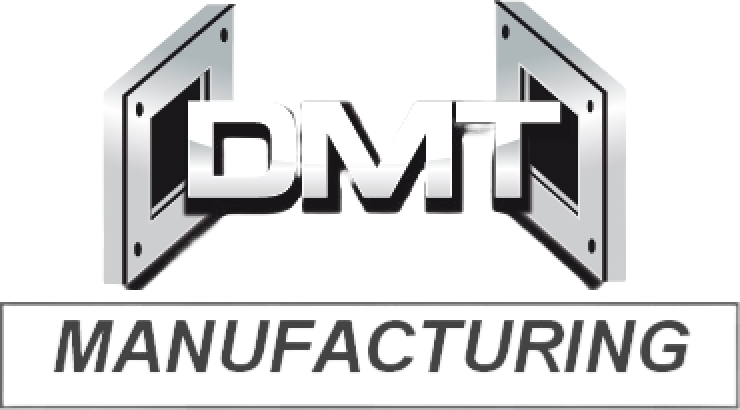Revolutionizing Manufacturing: The Impact of DMT CNC Machinery
Introduction:
Computer Numerical Control (CNC) machinery has emerged as a revolutionary force in the manufacturing industry, transforming the way products are designed, produced, and assembled. This sophisticated technology integrates computer systems with precision machining tools, offering unparalleled accuracy, efficiency, and flexibility. As a result, CNC machinery has become an integral component of modern manufacturing processes, playing a pivotal role in industries ranging from aerospace and automotive to healthcare and consumer electronics.
Historical Evolution:
The roots of CNC machinery can be traced back to the mid-20th century when the need for automated and precise machining processes became apparent. Early attempts at numerical control systems paved the way for the development of CNC technology. The 1950s witnessed the introduction of punched tape technology, allowing manufacturers to input numerical codes to control machine tools. However, it wasn’t until the 1970s that advancements in computer technology enabled the integration of computer systems into machining tools, giving birth to the CNC machinery we know today.
Key Components of DMT CNC Machinery:
CNC machinery relies on a combination of hardware and software components to execute precise machining operations. The core elements include the machine tool itself, which can range from milling machines and lathes to routers and plasma cutters, and a computerized controller that interprets numerical code instructions. The CNC software translates the design specifications into a language the machine can understand, dictating the movements and operations required to shape raw materials into finished products.
Accuracy and Precision:
One of the primary advantages of CNC machinery lies in its unparalleled accuracy and precision. Traditional manual machining processes are susceptible to human errors, leading to inconsistencies in the final product. CNC machines, on the other hand, follow programmed instructions with meticulous precision, ensuring that each component meets exact specifications. This level of accuracy not only enhances the quality of the end product but also reduces material wastage, ultimately contributing to cost-effectiveness in manufacturing.
Flexibility and Versatility:
DMT CNC machinery offers a level of flexibility and versatility that was previously unimaginable. With the ability to reprogram machines swiftly, manufacturers can easily switch between different tasks and produce a wide variety of components without the need for extensive tool changes or setup times. This flexibility allows for rapid prototyping and facilitates the production of small batches or customized products, catering to the evolving demands of the market. As a result, CNC machinery has become an indispensable tool for industries characterized by diverse product lines and changing consumer preferences.
Efficiency and Productivity:
The integration of DMT CNC machinery into manufacturing processes has significantly boosted efficiency and productivity. Automated tool changes, continuous machining operations, and the ability to run machines 24/7 contribute to reduced lead times and increased output. CNC machines also minimize the need for manual intervention, eliminating the risk of human fatigue and errors associated with traditional machining methods. The result is a more streamlined production process that not only saves time but also enhances overall productivity, making CNC machinery a cornerstone in the pursuit of lean manufacturing.
Cost-effectiveness:
While the initial investment in CNC machinery may be substantial, the long-term cost-effectiveness is undeniable. The precision and efficiency of CNC machining translate into reduced material waste, lower labor costs, and decreased downtimes. Additionally, the ability to optimize cutting paths and maximize material utilization further contributes to cost savings. Over time, the return on investment becomes evident as manufacturers experience increased production capacity, improved product quality, and a competitive edge in the market.
Challenges and Future Trends:
Despite the myriad benefits, the adoption of CNC machinery is not without its challenges. The initial costs and the need for skilled operators pose barriers for some manufacturers. However, ongoing advancements in technology are addressing these issues, with the development of user-friendly interfaces and training programs. Moreover, the integration of artificial intelligence and machine learning into CNC systems holds the promise of further optimizing processes, predicting maintenance needs, and enhancing overall efficiency.
Conclusion:
In conclusion, DMT CNC machinery stands as a transformative force in the manufacturing landscape, offering unparalleled accuracy, efficiency, and flexibility. From its humble origins in the mid-20th century, CNC technology has evolved into a cornerstone of modern manufacturing processes, enabling industries to meet the demands of a rapidly changing market. As technology continues to advance, the future holds exciting possibilities for CNC machinery, ensuring its continued role in shaping the way we design and produce the products that define our world. Contact DMT Manufacturing for more information!
